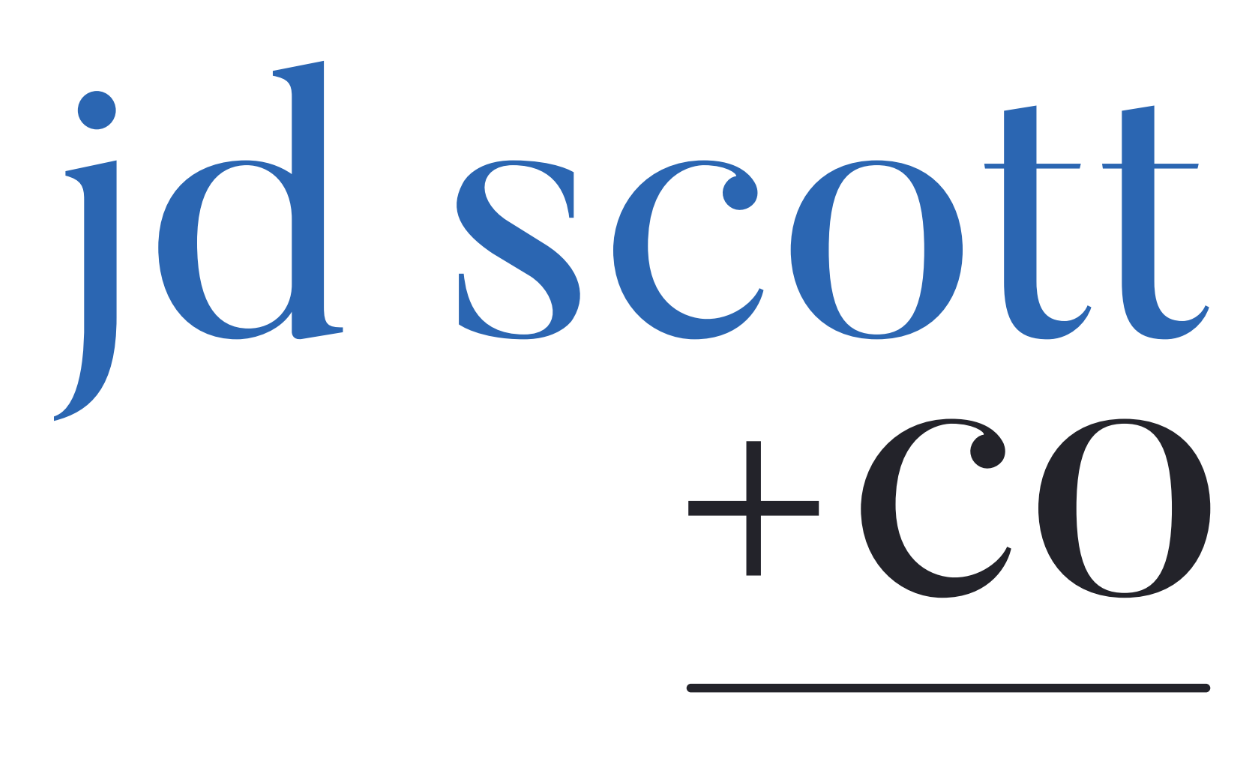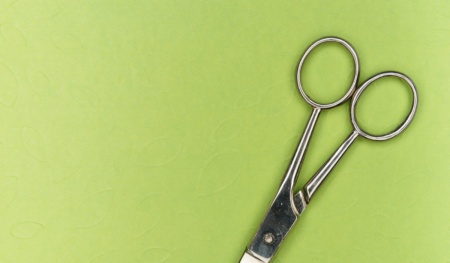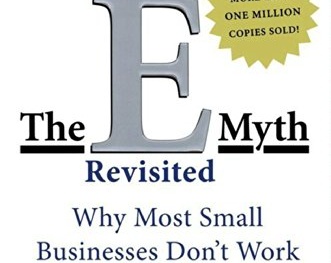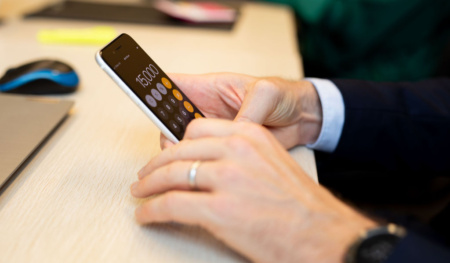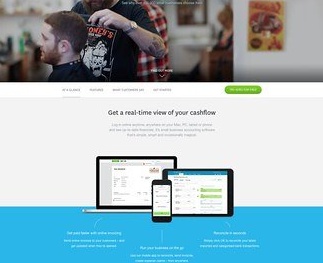Taxwise, not a lot has changed for individuals this year. We are seeing is a renewed focus by the ATO on outstanding tax returns and ensuring you have substantiation in place.
1. Working from home deductions
Working from home deductions, so simple yet so complex. So what is the difference between 52c and 80c methods?
Over the past year, many of us have been forced to work from home. Last year the ATO introduced a temporary shortcut method to help those affected. You are able to claim 80c per hour working from home. This rate covers everything, including power, internet and depreciation of furniture and equipment. You don’t get to claim both the 80c per hour and your mobile phone for example. It’s also where you were required to perform your duties from home. Just checking email doesn’t count (unfortunately).
The 52c per hours method covers things like depreciation of equipment (eg a desk), heating and power, but does not cover internet and mobile usage. The ATO has a very detailed guide on work from home expenses.
And what about coffees? I know your office has an espresso bar for its employees (and beers and wine on Friday), but unfortunately, the ATO considers these domestic in nature and hence you can’t claim them.
Note that you have to be able to substantiate the hours worked from home – if you usually work part-time, you can’t claim 40 hours a week. A logbook or online time tracker of hours and days worked would be strongly recommended. Additionally, you can only claim the work from home deductions where you are required to work from home. If you’re a builder, for example, it’s probably a bit hard to argue you work from home – especially if you have to be on-site to generate income.
2. Superannuation – unused superannuation concession cap
This one gets forgotten about sometimes, but it can be useful if you want to top up your super. Normally concessional contributions are capped at $25,000 per annum. However, if you contribute less than that amount, the gap can be rolled forward to later income years. Very useful if you wanted to add to your superannuation.
From 1 July 2021, the concessional cap increases to $27,500 per annum.
3. Car – got a lot book?
We see a lot of people looking to claims car expenses, but who don’t have a logbook in place. Without a logbook, you are limited to the cents per kilometre basis. That is, you can’t claim petrol, service, insurance etc. on the car – just the standard 72c per kilometre travelled. If you drive a lot for work (remembering that home to your usual place of employment doesn’t count), then you should consider keeping a logbook.
4. Substantiation
Substantiation is often key to claiming many tax deductions. If you can’t substantiate something, then your deduction is likely to be denied by the ATO. But substantiation doesn’t just mean keeping a receipt – it also means being able to justify why something was “incurred in gaining or producing your assessable income”. A classic example is car-related travel deductions. If you catch the bus into the CBD every day for work and work in the same office every day, it becomes a little hard to substantiate.
5. Investment Properties
One thing I’m seeing as we head into this tax season is a smaller and smaller number of people with negatively geared investment properties because falling interest rates have reduced the number of tax deductions available. The impact is some people will find they have to pay tax on their investment property income.
Also, don’t forget that you can no longer claim a tax deduction for travel costs to a residential investment property and that costs for holding vacant land are also no longer deductible.
Finally, if you sell an investment property generate a capital gain and have to pay CGT on it. I do get asked from time to time “will the ATO catch me” and the answer is a strong Yes. The ATO and powers that be match the data from property sales with their records. This means trouble if your investment property is sold with no CGT reported. You’ll more than likely get a please explain letter from the Commissioner of Taxation.
6. Crypto
These are the hottest assets around right now and the ATO is making an extra special effort this year to identify transactions that might be caught in the tax net. If you have bought and sold any form of cryptocurrency, these are treated as capital gains and taxed under CGT sections of the Tax Act.
Example
Here is a nasty little example that catches a lot of people out. Let’s say you purchased A$1,000 equivalent of Bitcoin. Its price goes up (and you make a paper gain of, say A$2,000 to give you A$12,000). If you purchase goods worth A$12,000 with your Bitcoin, then you have made a capital gain of A$2,000 – which you have to pay tax on.
